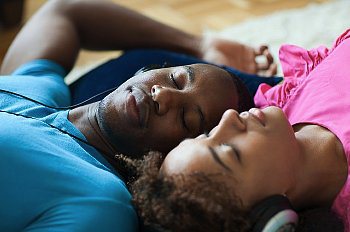Need to recharge? Don’t depend on a cup of coffee — a power nap will boost your memory, cognitive skills, creativity, and energy level. A short snooze is an economical (and easy) way to boost mental and physical health.
To combat fatigue and stay on top of things at work and at home, make power naps a regular part of your routine. Say goodbye to a lack of drive and hello to simple a healthful boost in energy!
What are the benefits of a nap?
Cardiovascular Heath
Greek researchers found that men who took a 30 minute nap at least three times a week lowered their risk of dying from a heart attack by 37 percent. Factors such as smoking, diet and activity level were included in the study.
Healthy Weight Management
When energy naturally drops in the afternoon, coffee and sugar tend to be the usual stimulants of choice. But afternoon sleepiness is a biological rhythm related to a slight decrease in body temperature — nature is telling us that it wants us to take a nap. By attempting to ward off drowsiness with caffeine and sugary snacks, biorhythm is disrupted, extra calories are consumed and a rollercoaster ride of energy spikes and crashes begins. This vicious cycle contributes to unwanted extra pounds.
Alertness, Improved Mood and Performance
A mid-afternoon nap can help with depression, dullness and lack of clarity — all of which can hinder physical and mental performance. As seen in the Harvard Health Letter, a New Zealand study found that “air traffic controllers working the night shift scored better on tests of alertness and performance if they took advantage of a planned nap period of 40 minutes.”
A nap can also:
- Slow down or reverse the process aging
- Increase the sex drive
- Accelerate the ability to perform motor tasks
- Enhance how the body uses carbs
- Minimize stress hormones
- Alleviate migraines
- Reduce brain chatter before nighttime sleep
Napping Tips
Research has found that napping regularly may reduce stress and even decrease your risk of heart disease. To get the most out of a power snooze, follow these quick tips:
- Be consistent. Keep a regular nap schedule. Prime napping time falls in the middle of the day, between 1 p.m. and 3 p.m.
- Make it quick. Set your cell phone alarm for 30 minutes or less if you don’t want to wake up groggy.
- Go dark. Nap in a dark room or wear an eye mask. Blocking out light helps you fall asleep faster.
- Stay warm. Stash a blanket nearby to put over you because your body temperature drops while you snooze.





